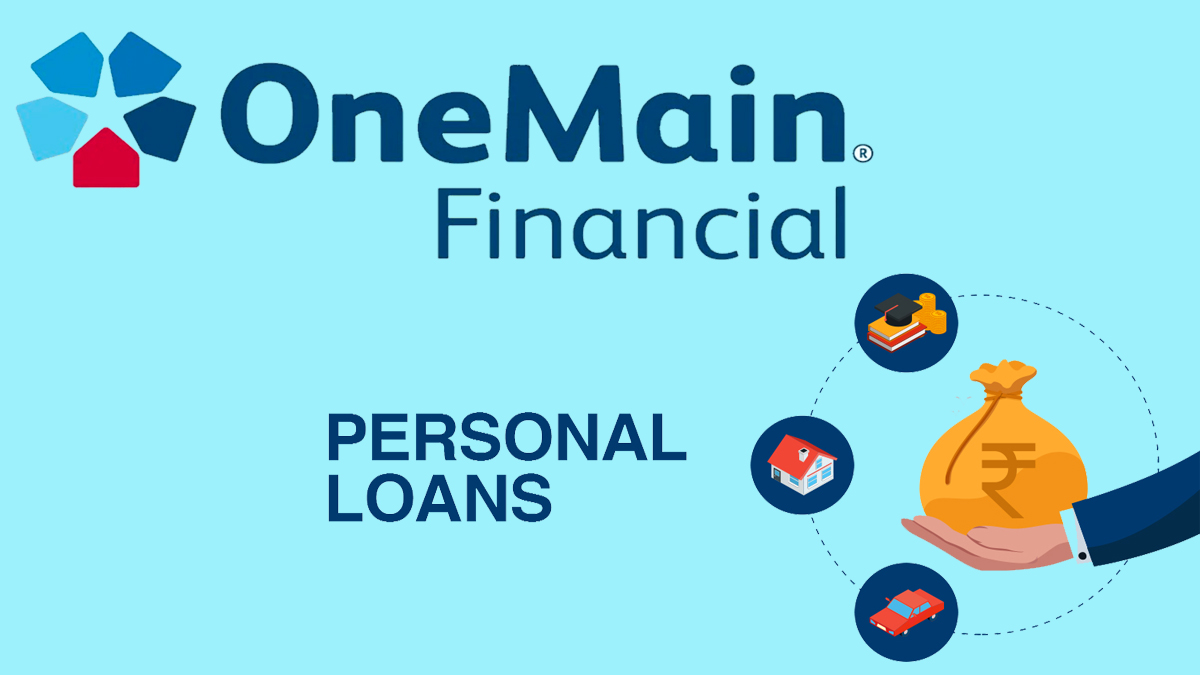Pursuing higher learning is often marred by financial constraints, and most students who have the zeal to still forge ahead opt for alternatives like taking out a loan to complete their studies. Perhaps you’re online, searching for “How to Pay Off $80000 in Student Loans.” You’ve stumbled on the right piece for that.

We understand the struggle of repaying the loan you took out to cater for the cost associated with attending an expensive school and obtaining degrees.
Hence, the reasons we have helped to curate several seats through which you can pay off a substantial amount in your student loan.
How to Pay Off $80000 in Student Loans
While paying off a huge amount of money can be difficult for so many students, there are other ways that can be employed to erase the remaining balance on your student loan. Federal loans offer multiple repayment plans and forgiveness programs that you can benefit from.
On the flip side, those who have private loans can secure better loan terms that help them pay debt faster by refinancing their student loans.
Regardless of what type of loan you have, here are several ways you can pay off $80000 in student loans:
• Choose the best repayment plan
Choosing the right repayment plan is one of the best ways through which your loan can be paid sooner. As a student, when taking out a loan to support your education, the ideal thing is to select the best repayment plan that aligns with your budget.
Most federal loans offer various repayment loan options, usually 10-year repayment terms, thus being the quickest and easiest way to eliminate your debt. But if the payment in the loan plan is on the high side, getting on an income-driven repayment (IDR) plan can be a better way to manage your loan.
• Apply for loan forgiveness
There are several loan forgiveness programs established by the government to help lift financial burdens off students’ shoulders by helping to write off their debts.
If you meet the requirements of any forgiveness program, you can qualify for the benefits they offer to students in need of financial assistance.
Go on the internet and do your research on loan forgiveness programs that you are eligible to apply for. There are so many of them on the internet today; the popular ones are:
- Public Service Loan Forgiveness (PSLF).
- Teacher loan forgiveness.
- IDR plans forgiveness.
• Refinance student loans
Another way through which you can pay off $80000 in student loans is by refinancing your student loan. If you have a private loan and your credit score is good, plus you have a reliable source of income, refinancing your loan is one of the easiest ways to reduce your interest rate and save money.
You can also defy your student loan, even if it is a federal loan. However, be aware that, by refinancing a federal loan, it removes access to benefits like loan forgiveness programs and IDR plans.
If there are loan forgiveness programs that you’re eligible to apply for, you may not want to refinance your student loan.
• Sign up for autopay
Signing up for autopay enables you to pay your loan on time. Using autopay is an effective way of making timely payments, which can ultimately help to pay your debts faster and could also strengthen your credit score.
In addition to the benefits of signing up for autopay, you may qualify for an interest rate discount when you sign up, regardless of whether it is a federal or private student loan.
• Look for ways to increase your income
This is also an effective strategy students can employ in order to pay off their debts faster. When you have a large amount of balance remaining on your student loan, increasing your income can pave ways to financially breakthrough.
Take on part-time jobs or side hustles that can add to the income you currently have or earn. If you can’t increase your income at your usual job, look for other opportunities that can help you make extra money.
• Get help from your employer or professional programs
Most organizations and employers offer loan repayment programs as an employee benefit. This is to encourage students to forge ahead with their studies to fulfill their academic dreams and aspirations. If your employer offers a loan repayment program, you can seek assistance from them.
There are several organizations that also assist eligible students in repaying their student loans. For example, the National Health Service Corps Loan Program is a federal initiative that repays up to $100000 in student loan debt. This program is eligible for those who work in the medical fields and have a standard work experience of two or more years.
FAQs
How long will it take to pay off $80000 in student loans?
The period of time it takes to pay off $80000 in student loan debt largely depends on your ability to make on-time payments and your repayment plan. Most repayment terms for either a private or federal loan is 10 years.
However, if you fail to make payments on time, the timeframe of the loan can get longer. In order to avoid financial problems, you can utilize the tips we have explained in this article.
Are student loans forgiven after 20 years?
Well, whether or not student loans are forgiven after 20 years depends on the type of loan you have. Per adventure, you have a federal loan and sign up for an IDR plan; it is possible to have your remaining balance forgiven even after 20 to 25 years.
There are so many loan forgiveness programs that offer assistance faster for federal loans. For instance, if you qualify for PSLF program, there’s a great tendency to forgive your loan even after 10 years.
On the other hand, if it is a private student loan, you may not be eligible for forgiveness after 10 years. Our little advice is that you refinance your loan if you have good credit.
This is a great way to get lower interest; it could also help you save money on interest. In addition, by refinancing your loan, you can shorten your repayment time.



